Showing 1-15 of 52 results
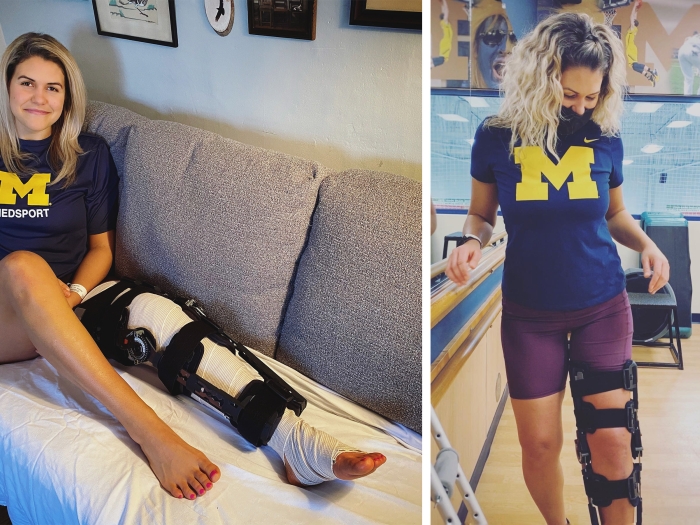
Health Lab
A musician receives live donor cartilage that changes her life.
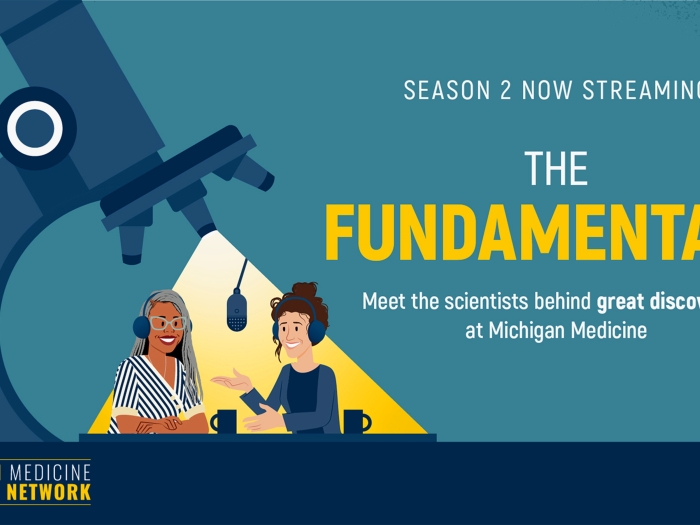
Medical School News
In the second season of The Fundamentals podcast, co-hosts Kelly Malcom and Jordan Goebig talk to several leading experts from the Medical School about their fields and the fundamental questions they are trying to answer — and discover why U-M is such an amazing place for research. Six new episodes of the popular podcast were released on May 6

The Fundamentals
Today on The Fundamentals is Dr. Maria Castro, the R.C. Schneider collegiate professor of neurosurgery, and a professor of cell and developmental biology at the University of Michigan Medical School. Her research program aims to develop immunotherapies for primary and metastatic brain cancer, studying basic immune biology mechanisms leading to clinical implementation. She has been inducted into the American Association for the Advancement of Sciences, the Latin American Academy of Sciences, and the American Institute for Medical and Biological Engineering College of Fellows. She has won numerous awards for her contributions to basic science and cancer research and is a diversity ambassador for the Cancer Biology Graduate Training Program.
You can learn more about Dr. Castro here, and you can follow her @castro2355_mg, the Rogel Cancer Center @UMRogelCancer, the department of neurosurgery @umichneuro, Michigan Neurscience Institute @UM_MNI and the department of cell and developmental biology @UMCDB on X

Health Lab
A JAMA viewpoint outlines the tragic story of Shandra Eisenga, a patient who received spine surgery for back pain only to inexplicably contract tuberculosis.

Health Lab
Researchers improved memory and reduced neuroinflammation in a mouse model of Alzheimer’s Disease, suggesting another avenue for potential treatment.

Medical School News
Four with Medical School ties are among 12 University of Michigan faculty and staff members recognized by the American Association for the Advancement of Science (AAAS) as 2023 fellows in recognition of their extraordinary achievements.

Health Lab
New map of the ovary provides a deeper understanding of how oocytes interact with the surrounding cells during the normal maturation process, and how the function of the follicles may break down in aging or fertility related diseases.

Health Lab
At-home test can detect tumor DNA fragments in urine samples, providing a non-invasive alternative to traditional blood-based biomarker tests
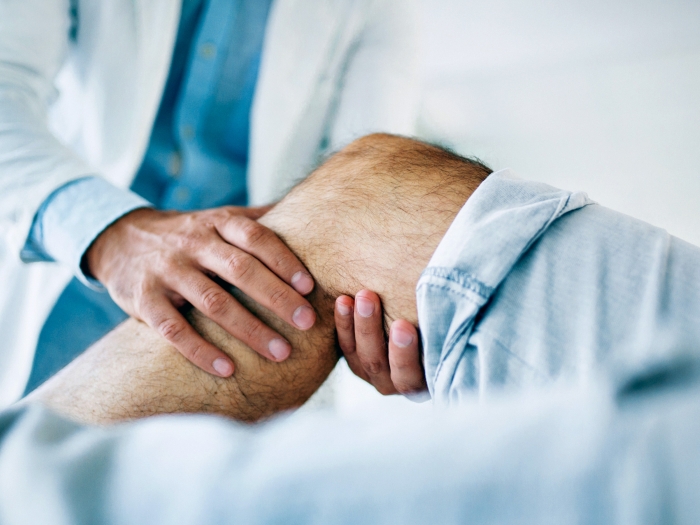
Health Lab
How lipid mediators -- potent regulators of the immune response after an injury -- varied with the acute loss of a large volume of skeletal muscle, also known as volumetric muscle loss (VML) is the focus of new research from the University of Michigan.
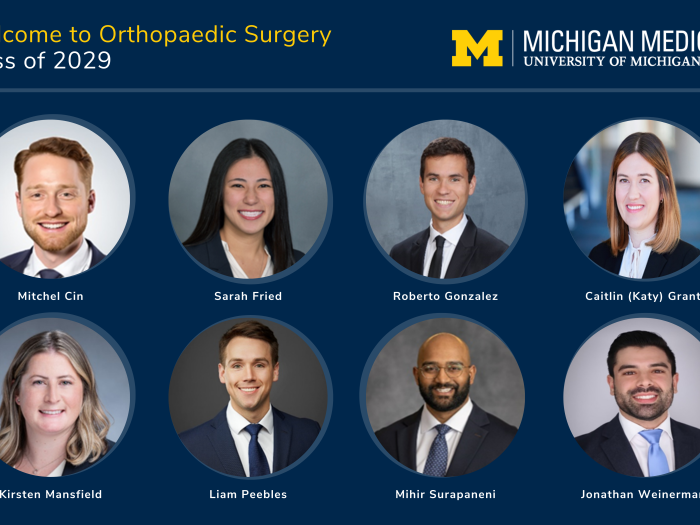
Department News
We extend a warm welcome and heartfelt congratulations to the Orthopaedic Surgery Class of 2029!

Health Lab
Elective surgery study shows older adults have concerns about what it will cost them, how much work they’ll miss and whether they’ll catch COVID-19.
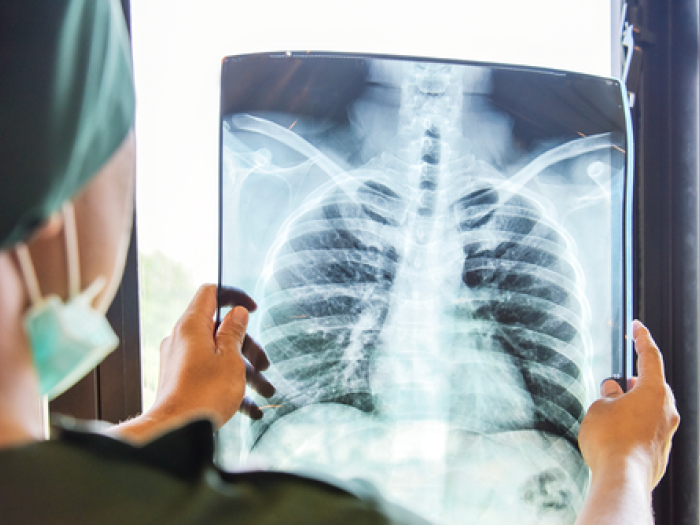
News Release
Through a $4.17M NIH grant, a team of biomedical engineers, medical clinicians and data scientists from the Max Harry Weil Institute for Critical Care Research and Innovation is collaboratively researching ways to develop a portable, non-invasive breathalyzer-type device and corresponding algorithm to quickly and accurately diagnose acute respiratory distress syndrome (ARDS).
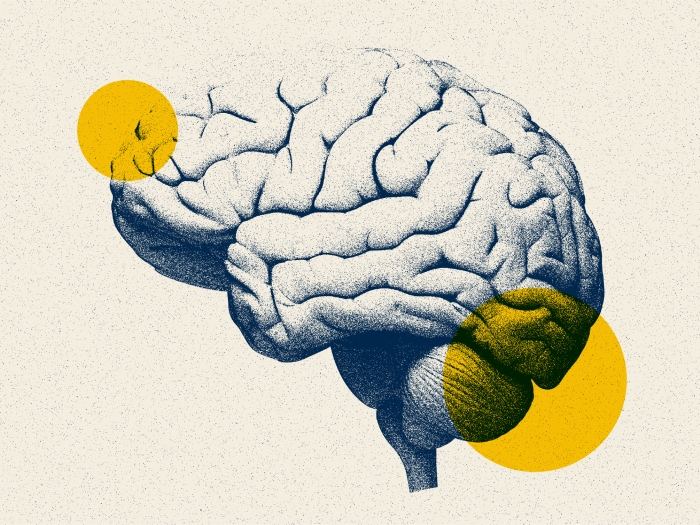
Health Lab
The death rate for patients with functional, nonepileptic seizures is higher than expected, with a rate comparable to epilepsy and severe mental illness, a Michigan Medicine-led study finds.
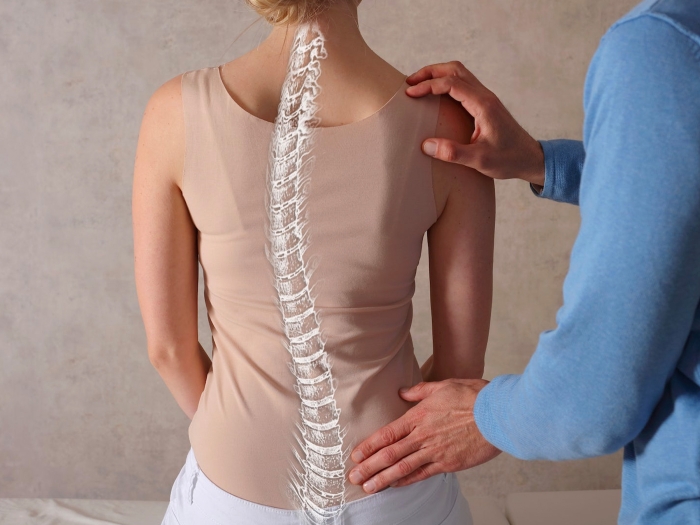
Health Lab
A Michigan Medicine expert calls for comprehensive scoliosis awareness and care.
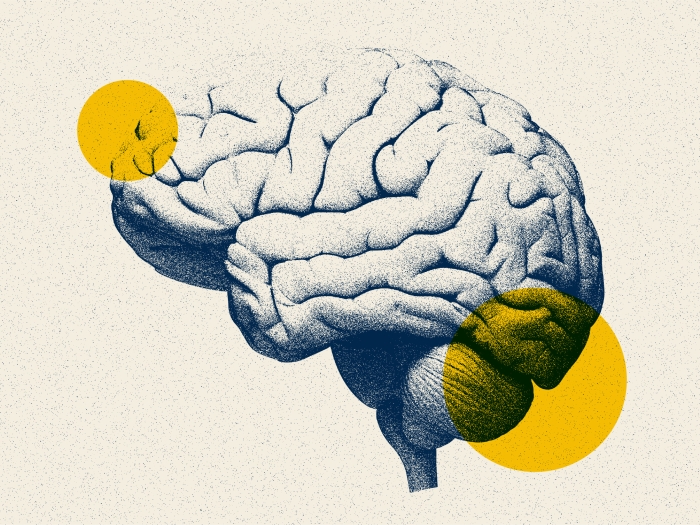
Health Lab
Investigators found that people with obesity who underwent bariatric surgery had stable cognition two years later. Researchers say it suggests that bariatric surgery may mitigate the natural history of cognitive decline expected in people with obesity.